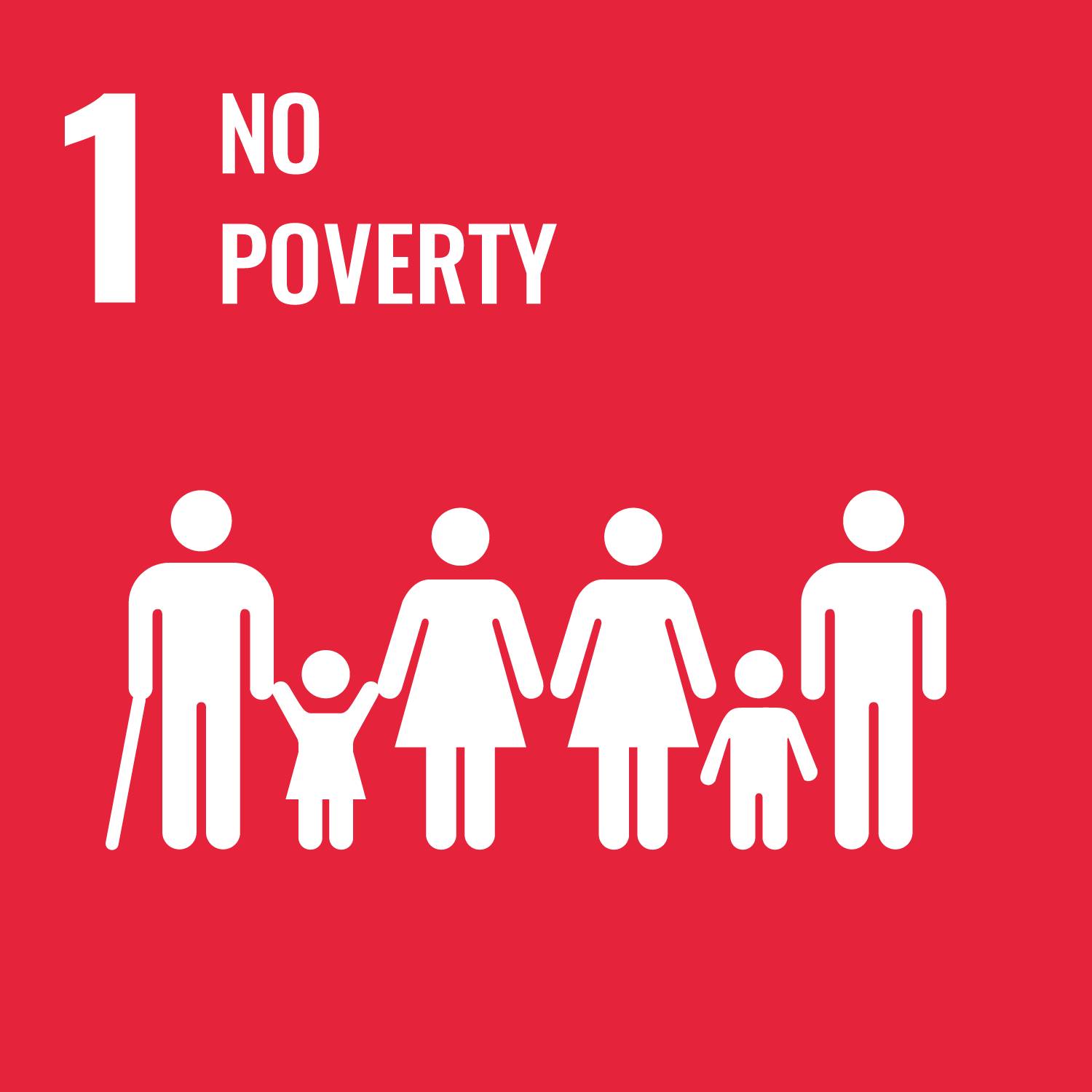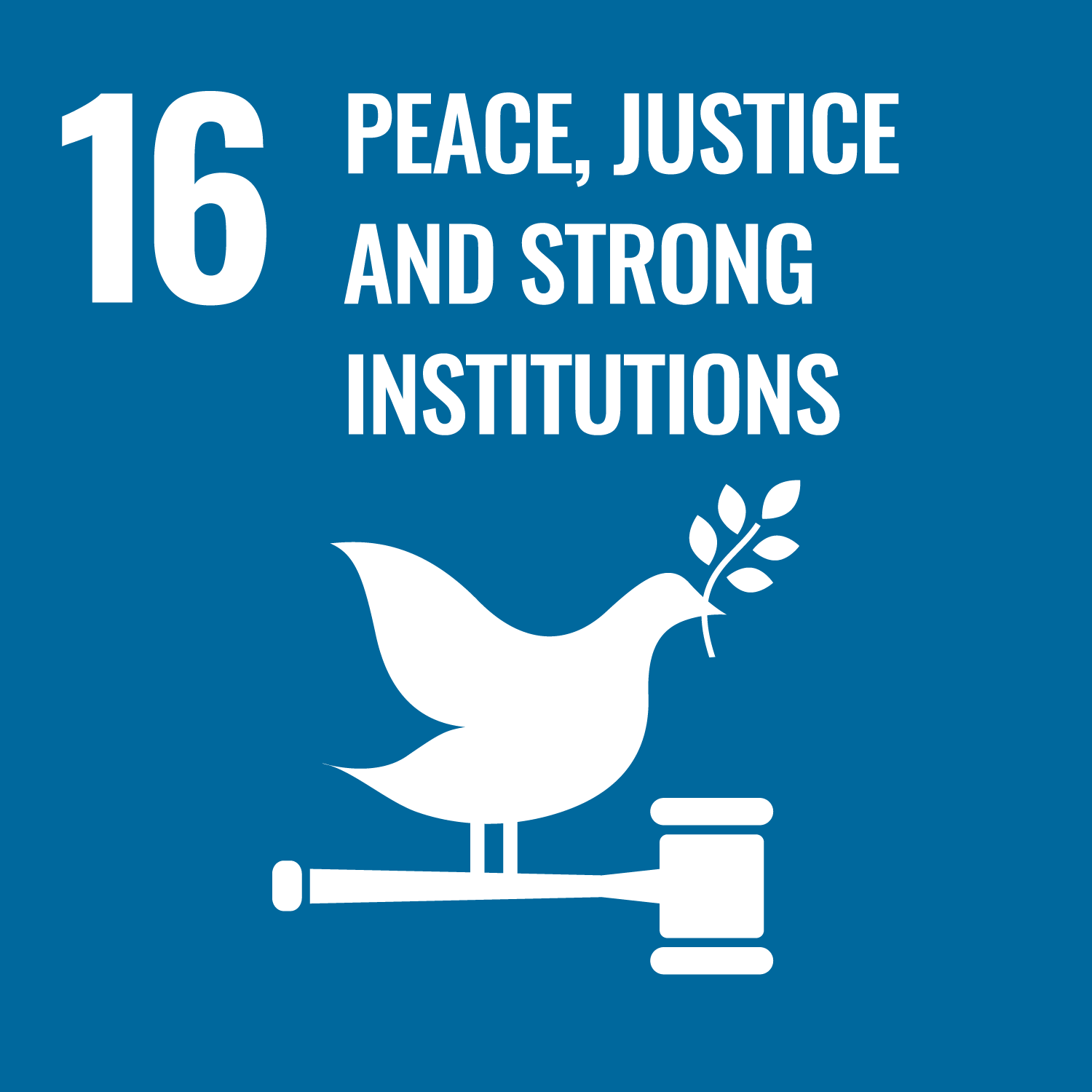The Indonesian LGBT communities have long been living under societal pressure and violence from multiple stakeholders. One case that gained international attention was the attack to the 2010 International Lesbian and Gay Association (ILGA) Asian regional congress in Surabaya. Police dispersed the congress with pressure from militant Islamist groups. Anti-LGBT activists spray painted ‘gays and lesbians are terrorists’ on the wall of GAYa NUSANTARA, the LGBT organisation organising the congress.
The anti-LGBT sentiment has been inflamed by Indonesian officials. On January 24, 2016, the Minister of Higher Education Muhammad Nasir said he wanted to ban LGBT student organisations from university campuses on the premise that they were not in accordance with the values and morals of Indonesia. Even though he then retracted the statement on his social media and replacing it with one saying that LGBT people should receive the same treatments in the eyes of the law, the anti-LGBT sentiments were already growing. Other Indonesian officials also made similar remarks. Attacks towards the community have increased since then.
According to the report, these attacks have been largely organised by fundamentalist Islamist groups, and seem to be getting the police support. It is clear political statements have serious implications for LGBT people in Indonesia.








